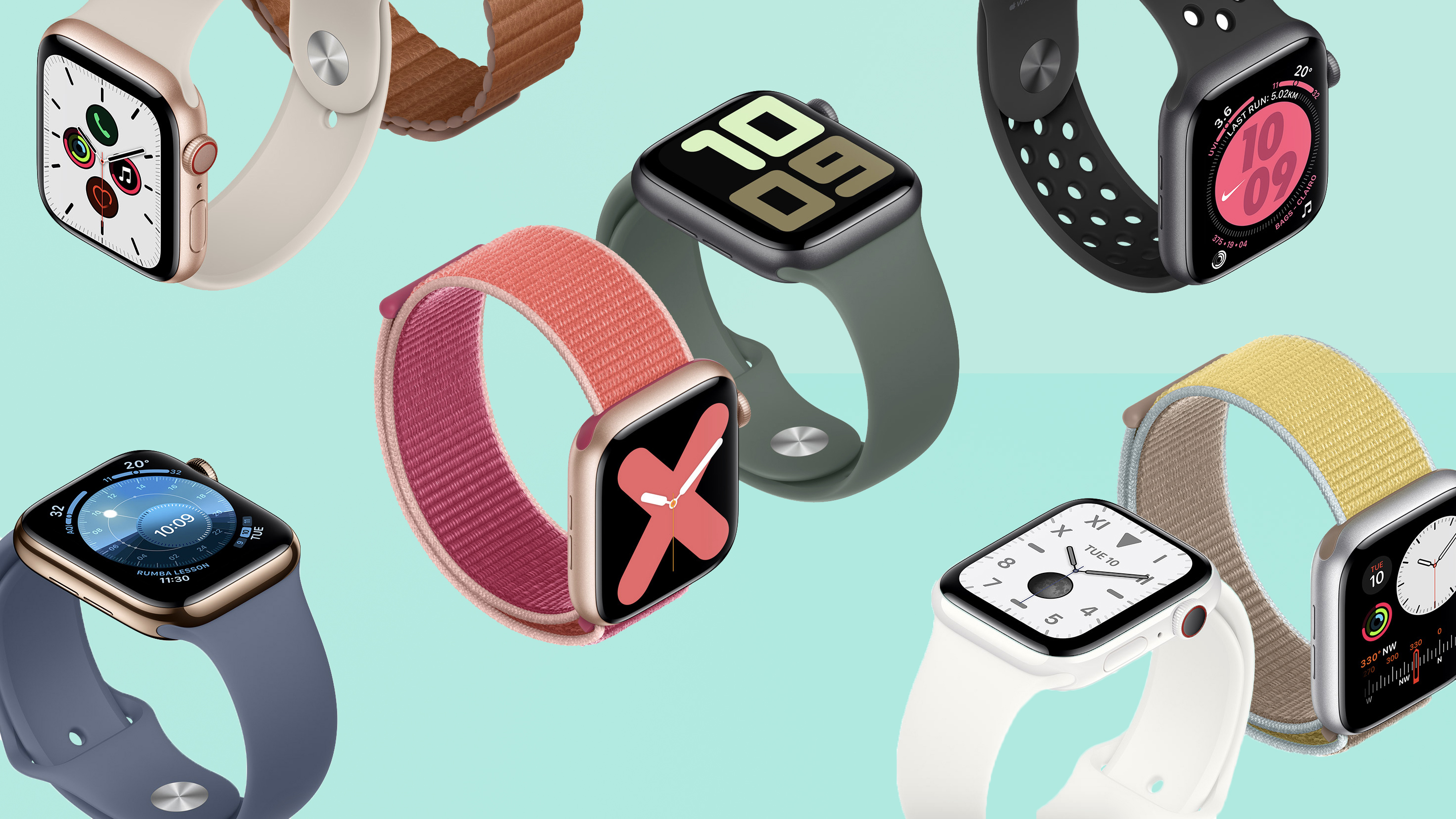Next Apple Watch to detect stress and warn you about panic attacks
Insiders claim future version of watchOS could help protect your mental wellbeing


Get all the latest news, reviews, deals and buying guides on gorgeous tech, home and active products from the T3 experts
You are now subscribed
Your newsletter sign-up was successful
The Apple Watch can already warn its wearer about the signs of atrial fibrillation and call for an ambulance if you fall over. Now Apple wants to focus on your mental health, too.
According to sources speaking to technology tipster Max Weinbach, Apple is working on a way for the Watch’s watchOS software to detect the signs of stress. This could even lead to the smartwatch alerting its users if it thinks they are about to have a panic attack.
The Watch could then walk the wearer through some breathing exercises to help calm them down again.
Apple already includes a guided breathing app with the Watch, with reminders to take a break and breathe deeply several times each day. But it sounds like Apple wants to be more proactive with how the Watch does this, using data collected from the wearer to judge their mental wellbeing, then step in if required.
As @EveryApplePro mentioned in his video, Apple is working on some mental health features to go with their physical health features. The two my source mentioned to me as being planned are automatically detect panic attacks and detecting when the user is under stress. https://t.co/bMZhHW4Ql9April 13, 2020
The new function is also said to record when stress and panic attack symptoms arise, tracking them in the Apple Health app for analysis. This gathering of data is also said to help the app better predict future panic attacks, helping the wearer control them before they arrive.
According to Weinbach’s sources, the new feature will be available on all models of Watch from the Series 4 onwards. You’ll recall this was the first Apple Watch to include ECG hardware, and also introduced fall detection for the first time.
It also looks like this feature is a little while away. Instead of appearing as a part of watchOS 7, which is expected to be shown off by Apple in June ahead of being released to the public in September, the mental health features will come later.
Get all the latest news, reviews, deals and buying guides on gorgeous tech, home and active products from the T3 experts
It is likely that the feature will work in a similar way to the Garmin Vivosmart 4. That fitness tracker uses its heart rate monitor to understand the variability of intervals between each beat, which is automatically controlled by the body’s nervous system.
Liked this?
Alistair is a freelance automotive and technology journalist. He has bylines on esteemed sites such as the BBC, Forbes, TechRadar, and of best of all, T3, where he covers topics ranging from classic cars and men's lifestyle, to smart home technology, phones, electric cars, autonomy, Swiss watches, and much more besides. He is an experienced journalist, writing news, features, interviews and product reviews. If that didn't make him busy enough, he is also the co-host of the AutoChat podcast.
